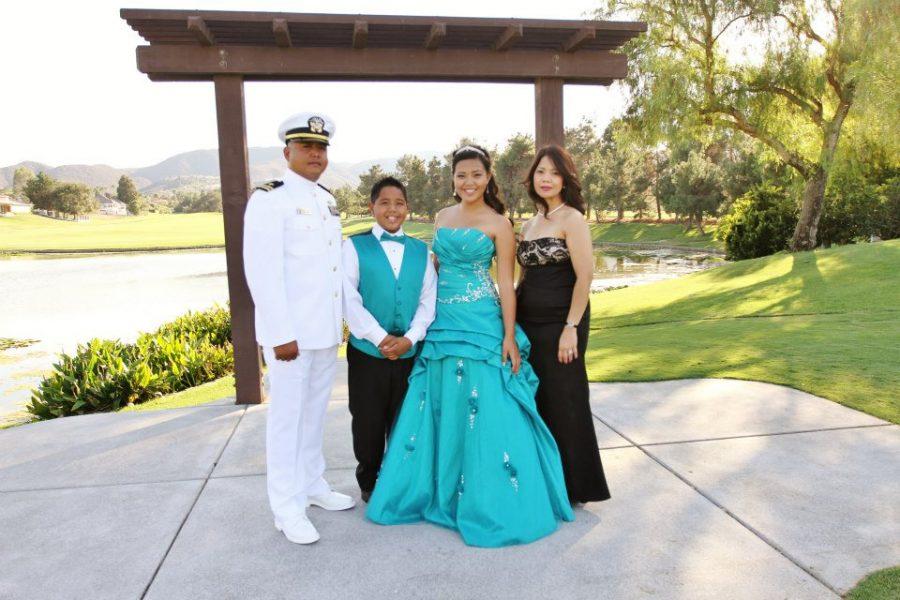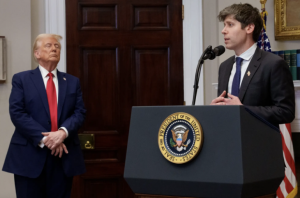Pilipino American: a journey
April 13, 2016
Being Pilipino American is an experience that one might view as confusing.
For me, I’ve never really experienced an opportunity where my family members spoke about the Philippines except in the small facets of culture like language, music and food. I was taught that being Pilipino American meant that I sang in Tagalog (or another dialect in the Philippines), I ate Pilipino food like dinugan and bangus with vinegar and that I followed the traditions such as having a boyfriend or staying near home to go to school.
However, being Pilipino American is a struggle because I’m trying to reach an expectation held by some from back in the country and the older generation here in America. My nose is too flat, my skin is too dark, I don’t speak the language and my desires to pursue a life that doesn’t reflect the values the culture asks of me are all criticisms that are inflicted upon me.
My parents never told me why they left, just “to have a better life.” They never explained to me that they moved away because a dictator named Ferdinand Marcos pushed the country into economic turmoil and invoked a revolution called the People’s Power Revolution in 1986. My parents moved here in 1990, four years after an amazing revolution, and they never said a word about it. They never talked about the years of Marcos where there were strict curfews, people disappearing for being sympathetic to the revolution, and the abuse inflicted by the police under Marco’s reign.
I see now that the pride of the Pilipino not only stems from the constant colonization by both the Spanish and the Americans, but by their own corrupted people who played off the foundation that colonization gave them. I learned these things in college, not because of a class held here specifically on Philippine History, but through my Pilipino American organization called Kamalayan Alliance. It was this organization that inspired to me investigate the history of the Philippines and how it reflects in my everyday life as a Pilipino American.
I may not be able to speak to my parents and grandparents in their native tongue, but I now know the reasons behind the phrase “to have a better life.” If it wasn’t for Kamalayan Alliance, and being President of it, I wouldn’t have gone on the journey of self discovery, self knowledge and self-acceptance.






